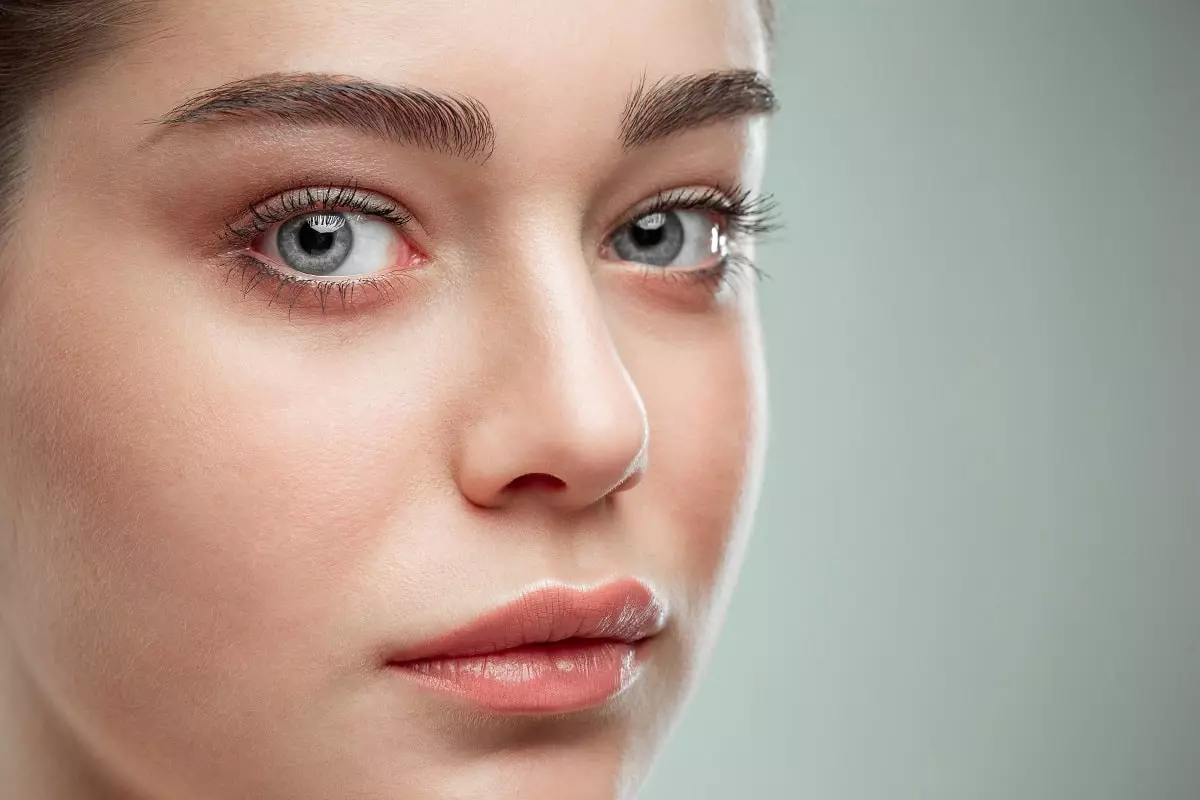Your eyes are a precious and invaluable asset that make you see and enjoy the beautiful world. When Diet to Avoid Blue Light Damage you must take good care of them to maintain and boost their health. And when you are at your homes for work from home and online schooling, you can leverage the flexible schedules to feed your body with some healthy and nutritious foods.
Take a free eye test in the UK and eat good food to save your eyes against blue light damage.
What is Blue Light?
If you wear glasses, you must have heard about blue light glasses from your optician or read an advertisement on the internet. If you were wondering what blue light is, here is the answer-
Blue light is the fourth colour of the sunlight spectrum of seven lights of different colours – Violet, Indigo, Blue, Green, Yellow, Orange, and Red. As we move from red to violet light, the length of these light waves decreases and their energy increases.
This results in blue light being that one colour that moves with the highest energy in the visible spectrum, since violet and indigo lights are invisible to the human eyes. Due to its high moving energy, these blue light rays are extremely damaging for the human eyes.
How is blue light affecting your health?
Here are a few reasons why doctors recommend blue light glasses:
Cataract
As the blue light rays enter our eyes and reach the lens, they are absorbed by the lens cells in an attempt to block them from hitting the light sensitive retinal screen. However, during this process, they end up producing substances that add up to the lens cells and turn them opaque, resulting in cataract.
Macular degeneration
Macula is part of the eye on the retina that stores two major antioxidants for your eye, namely, Lutein and Zeaxanthin. With help of them, Macula is able to absorb blue light passing through it, again, to keep them away from the retina. Gradually, macula degenerates and is not able to absorb any more blue rays, called macular degeneration.
Digital Eye Strain
Sitting in front of the screen for long hours puts immense pressure on different parts of the eye. Computer Eye Syndrome, also called DES is an extremely prevalent eye condition among the UK population. The symptoms include sore, dry, irritated, tired, red and painful eyes along with neck, back and headaches.
Insomnia
The sleep hormone melatonin controls and manages the sleep cycle in the human body. During daytime, melatonin production decreases, making us feel attentive and active. During the night, in absence of blue rays, the production increases, signalling the body for sleep time. However, blue light exposure from artificial sources suppresses melatonin production, thus depriving us of sleep and making us an insomniac.
Best foods for eye health
Carrots
Carrots are rich sources of lutein and zeaxanthin that as mentioned above, protect the retina against light damage.
Bell peppers
These bright bells store everything that you need to keep your eyes healthy – lutein, zeaxanthin, vitamin A, C, and beta-carotene. Eating a bowlful of mixed bell-peppers each day can help you combat prevalent eye diseases.
Oranges
Vitamin C found in citrus fruits like lemon, grapefruit and oranges is the key to eye health. It strengthens the blood vessels running through the eyes, maintaining constant supply of oxygen.
Blueberries
Blueberries are storehouses of purple coloured pigments called anthocyanins which can lower inflammation and high blood pressure, both of which affect the vision. Further, they also help in strengthening the collagen structure of the retinal tissue and the eye blood vessels.
Leafy vegetables
Green leafy vegetables like kale, spinach and collard green are another abundant source for the very essential antioxidants lutein and zeaxanthin that shield the retina against light damage.
Legumes
Kidney beans, black beans, lentils, etc. are some legumes that include zinc and bioflavonoids. While both these elements lower vulnerability to cataracts and macular degeneration, zinc is found in different parts of the eye, preventing blue light damage.
Nuts
The Human eyes, like any other part of the body, house some unstable molecules that attack the eye cells and gradually break down the tissues. Nuts like Almonds, Walnuts, cashews, pistachios and peanuts contain “Omega-3” that is able to fight against these free radicals.











